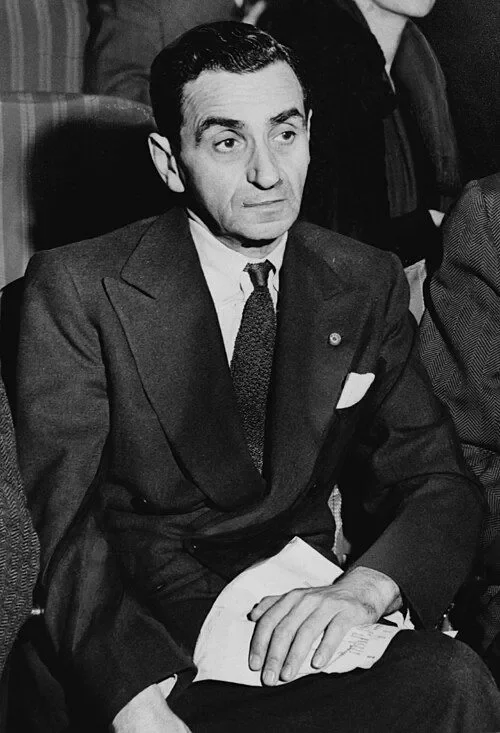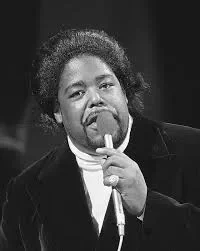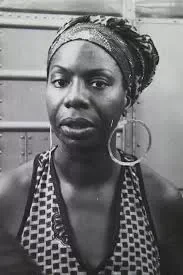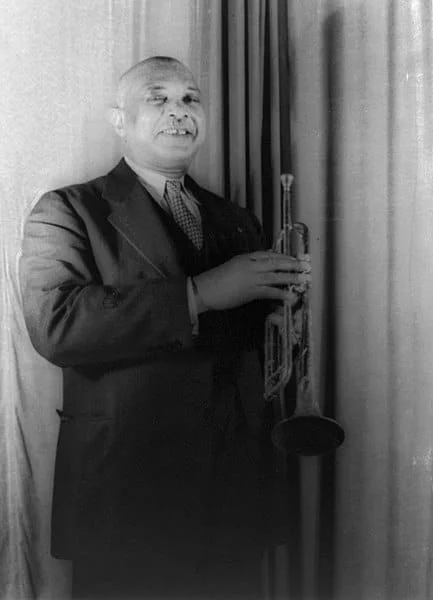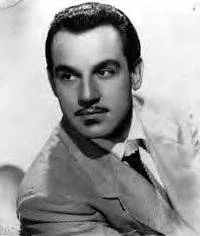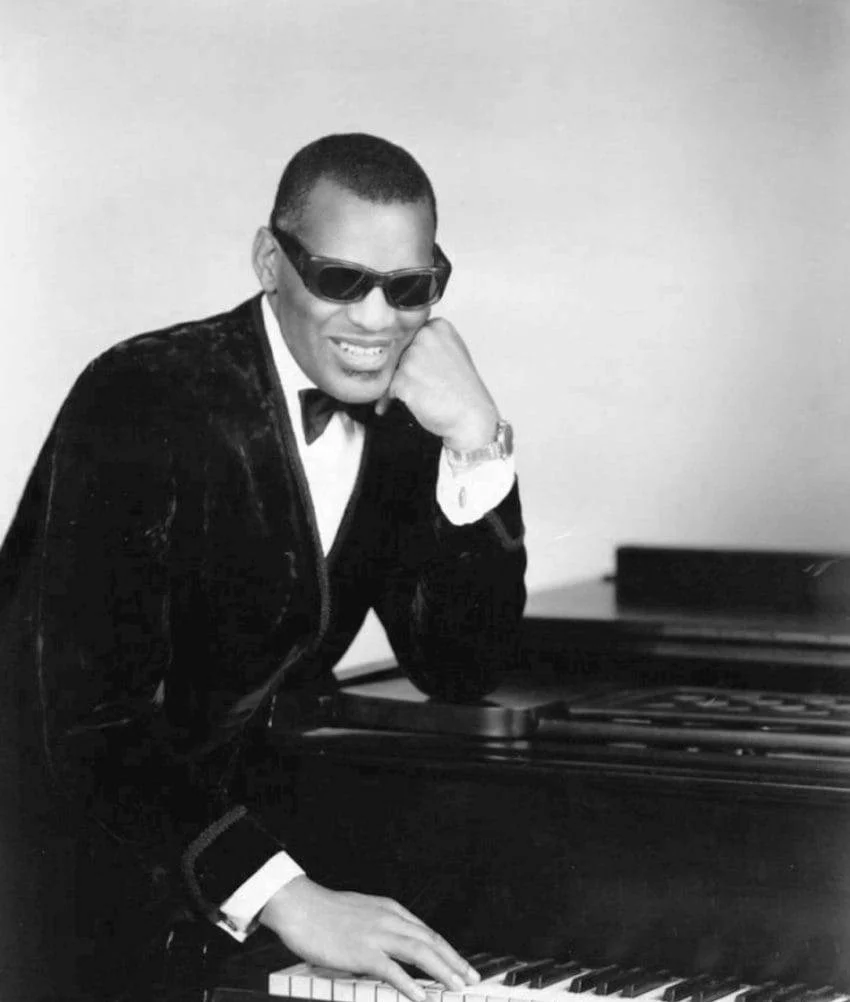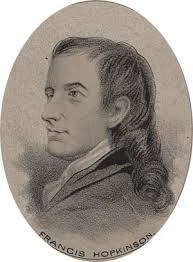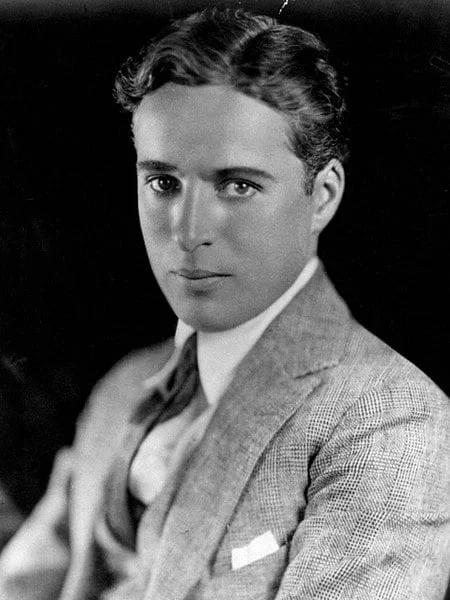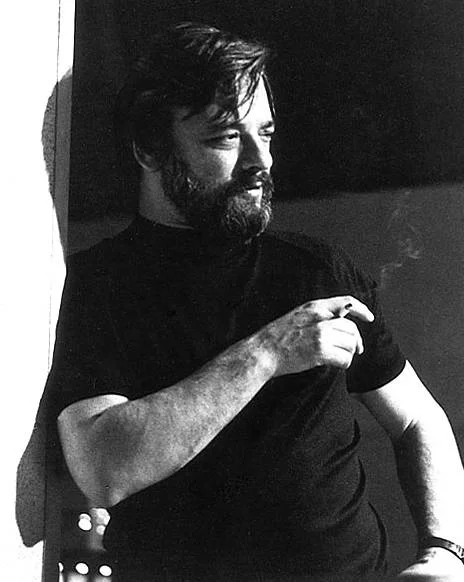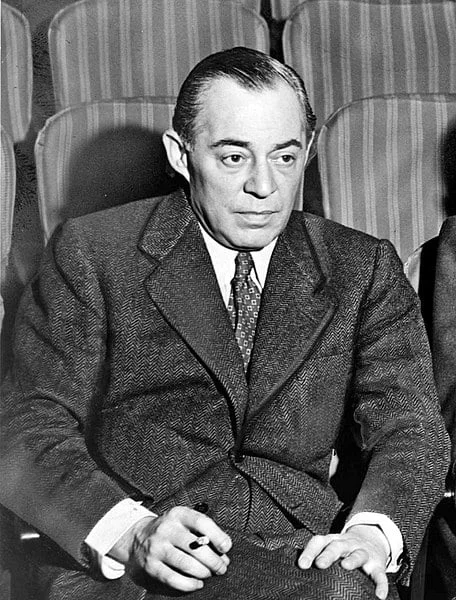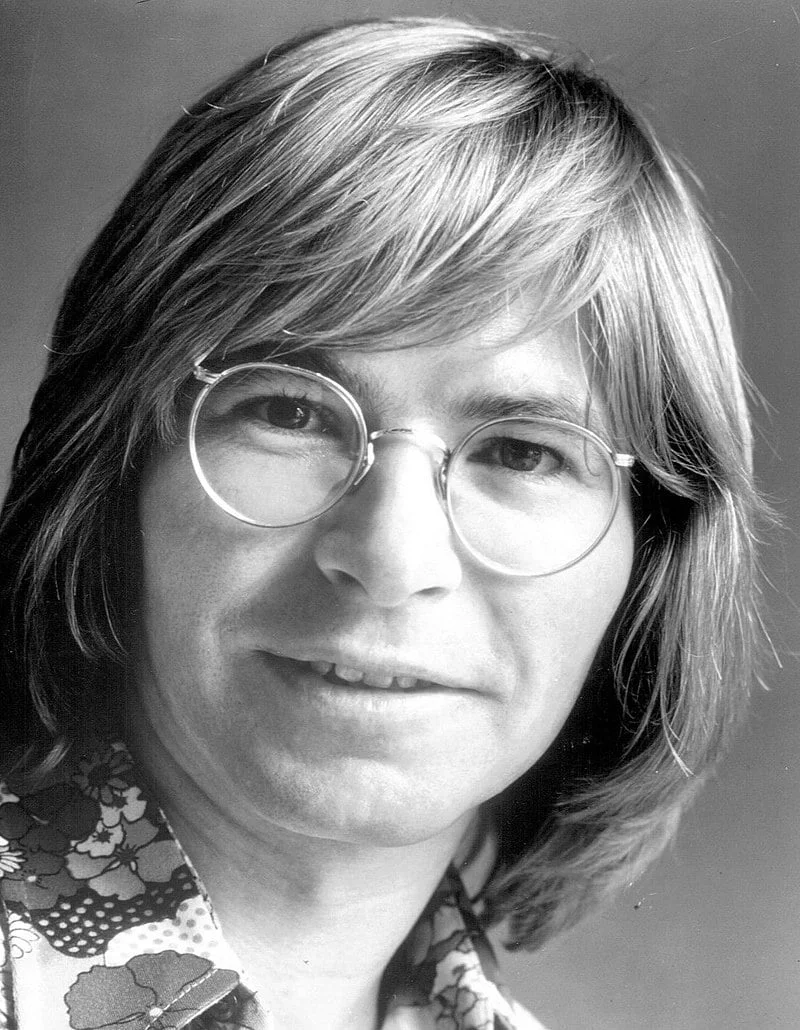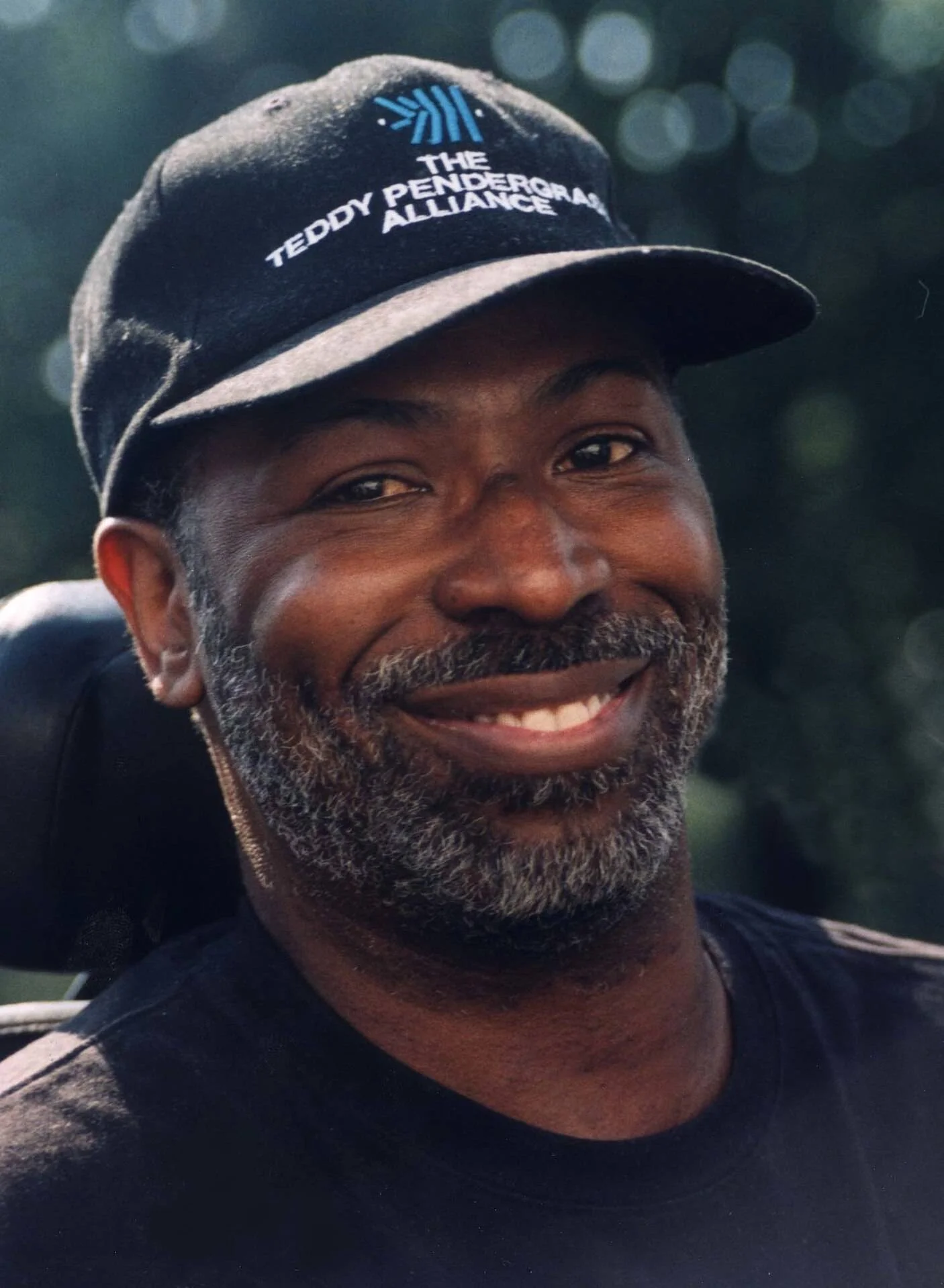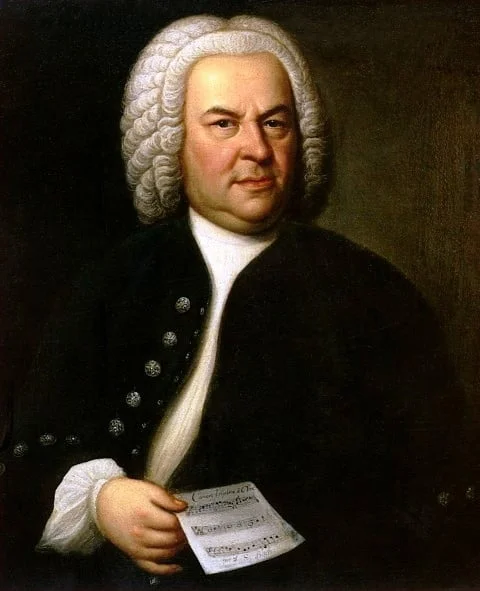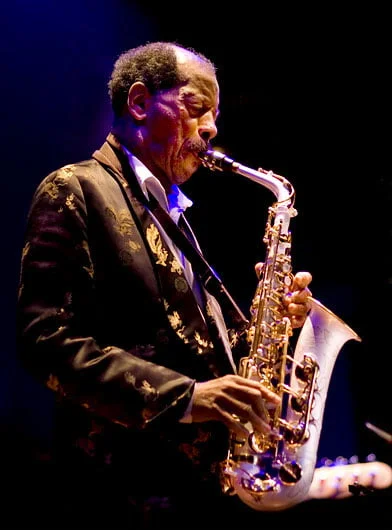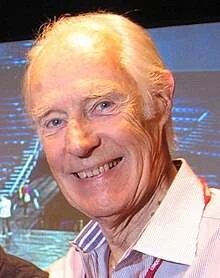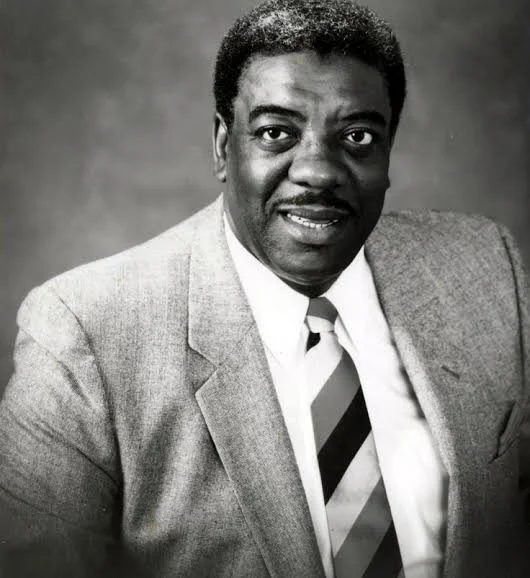Real Celebrities Never Die!
OR
Search For Past Celebrities Whose Birthday You Share
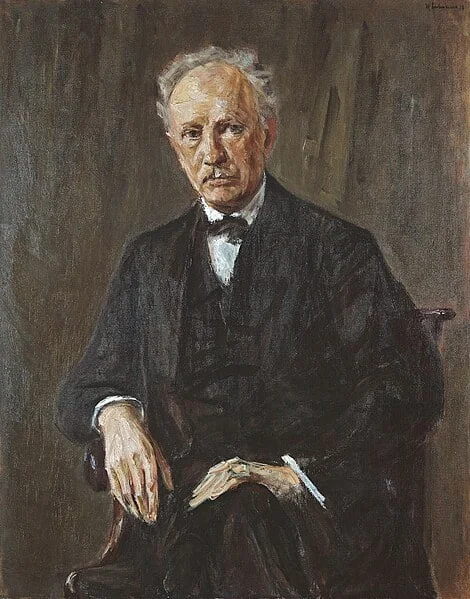
source:wikipedia.org
Richard Strauss
Birthday:
11 Jun, 1864
Date of Death:
08 Sep, 1949
Cause of death:
Pneumonia
Nationality:
German
Famous As:
Composer
Age at the time of death:
85
Richard Strauss's Quote's
Early Life and Musical Education
Richard Strauss was a renowned German composer and conductor, widely considered one of the most influential figures in late Romantic and early modernist music. Born on June 11, 1864, in Munich, Germany, he came from a musical family, with his father, Franz Strauss, being a notable horn player in Munich Court Opera Orchestra.
Strauss displayed prodigious talent from an early age, composing his first piece at the tender age of six. His musical education began under the tutelage of his father, who recognized his son’s exceptional abilities and encouraged him. Later, Richard attended the Ludwig Maximilian University of Munich, where he studied philosophy and aesthetics. However, his passion for music prevailed, and he quickly abandoned his academic pursuits to focus solely on his musical career.
Career as a Conductor
In 1885, at the age of 21, Richard Strauss was appointed as conductor of the Meiningen Court Orchestra. This marked the beginning of his professional journey as a conductor, and it provided him with valuable experience and exposure to a wide variety of orchestral repertoire. It was during this time that he began to develop his distinct conducting style, characterized by precision, meticulousness, and an unwavering attention to detail.
Compositional Achievements
While Strauss gained recognition for his conducting abilities, it was his compositions that truly made him famous. His early works, such as the tone poem “Don Juan” (1888) and the symphonic poem “Death and Transfiguration” (1889), showcased his innovative approach towards orchestration and musical storytelling. These works displayed a rich harmonic language, lush orchestral textures, and a deep emotional intensity. Strauss’s ability to paint vivid musical pictures and evoke powerful emotions through his compositions quickly established him as one of the leading figures of the late Romantic era.
Also sprach Zarathustra
One of Strauss’s most celebrated accomplishments came in 1898, with the premiere of his orchestral masterpiece, “Also sprach Zarathustra” (Thus Spoke Zarathustra). Inspired by Friedrich Nietzsche’s philosophical novel of the same name, the tone poem became an instant success and remains one of his most iconic works to this day. The opening fanfare, famously used in Stanley Kubrick’s film “2001: A Space Odyssey,” has become an instantly recognizable musical motif.
Versatility and Operatic Contributions
Throughout his career, Richard Strauss demonstrated an extraordinary versatility, composing in various genres ranging from opera and symphonic poems to concertos, chamber music, and lieder. His operas, in particular, are notable for their complex musical structures, sophisticated vocal writing, and deeply psychological and dramatic narratives. Works such as “Salome” (1905) and “Elektra” (1909) pushed the boundaries of traditional operatic conventions and explored themes of sexuality, violence, and human psychology with remarkable audacity.
Association with Nazi Germany
Despite his incredible success, Strauss faced challenges during his career due to his association with Nazi Germany. After Adolf Hitler’s rise to power, Strauss was appointed as president of the Reichsmusikkammer (Reich Music Chamber), a position he reluctantly accepted in order to protect his Jewish daughter-in-law and grandchildren. However, he used his influence to protect some Jewish musicians and conductors, albeit with limited success.
Later Years and Legacy
Richard Strauss survived World War II and witnessed the liberation of Germany, but his health declined in his later years. He passed away on September 8, 1949, at the age of 85, in Garmisch-Partenkirchen, Germany. The cause of his death was listed as pneumonia. Strauss left behind a remarkable musical legacy that continues to captivate audiences and inspire generations of composers and musicians. His mastery of orchestration, harmonic innovation, and philosophical exploration, coupled with his commitment to pushing artistic boundaries, solidified his place as one of the most important composers of the late 19th and early 20th centuries.
Name:
Richard Strauss
Popular Name:
Richard Strauss
Gender:
Male
Cause of Death:
Pneumonia
Spouse:
Place of Birth:
Munich, Germany,
Place of Death:
Garmisch-Partenkirchen, Germany.
Occupation / Profession:
Personality Type
Campaigner: Enthusiastic, creative and sociable free spirits, who can always find a reason to smile. As a visionary composer and conductor, he displayed strong leadership qualities and a clear sense of direction in his work, often pushing the boundaries of music and orchestration.
He composed more than 200 songs, many of which were written for his wife, Pauline de Ahna, who was a soprano.
One of his most famous and influential works is his symphonic poem "Also sprach Zarathustra" which gained widespread recognition for its iconic opening theme which was used in Stanley Kubrick's film "2001: A Space Odyssey
Richard Strauss composed one of the longest and most demanding orchestralworks in classical repertoire called "Eine Alpensinfonie
Golden Immermann Ring
Grand Officer of the Order of Merit of the Italian Republic
Honorary Membership of the Royal Philharmonic Society
Pour le Mérite for Sciences and Arts

